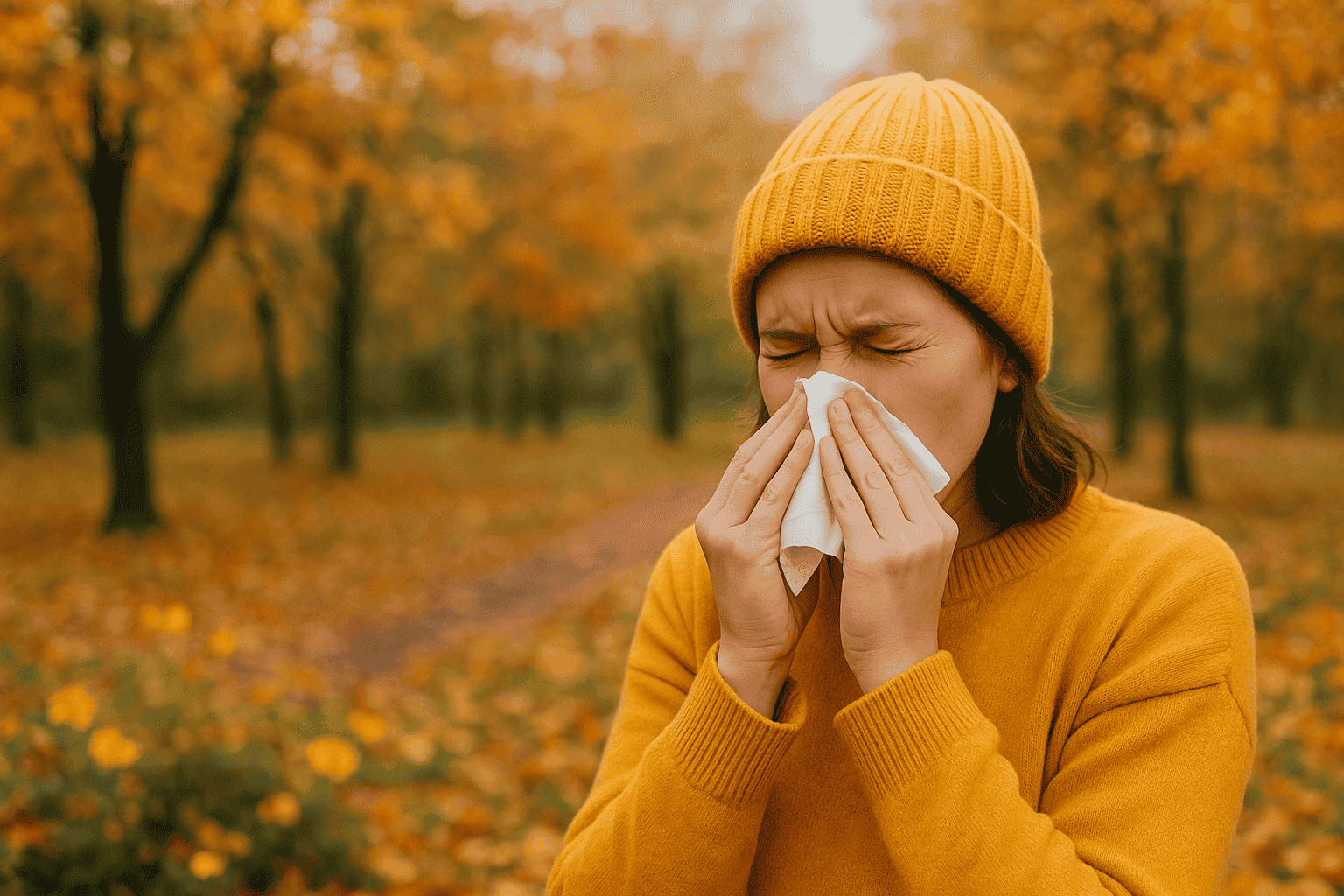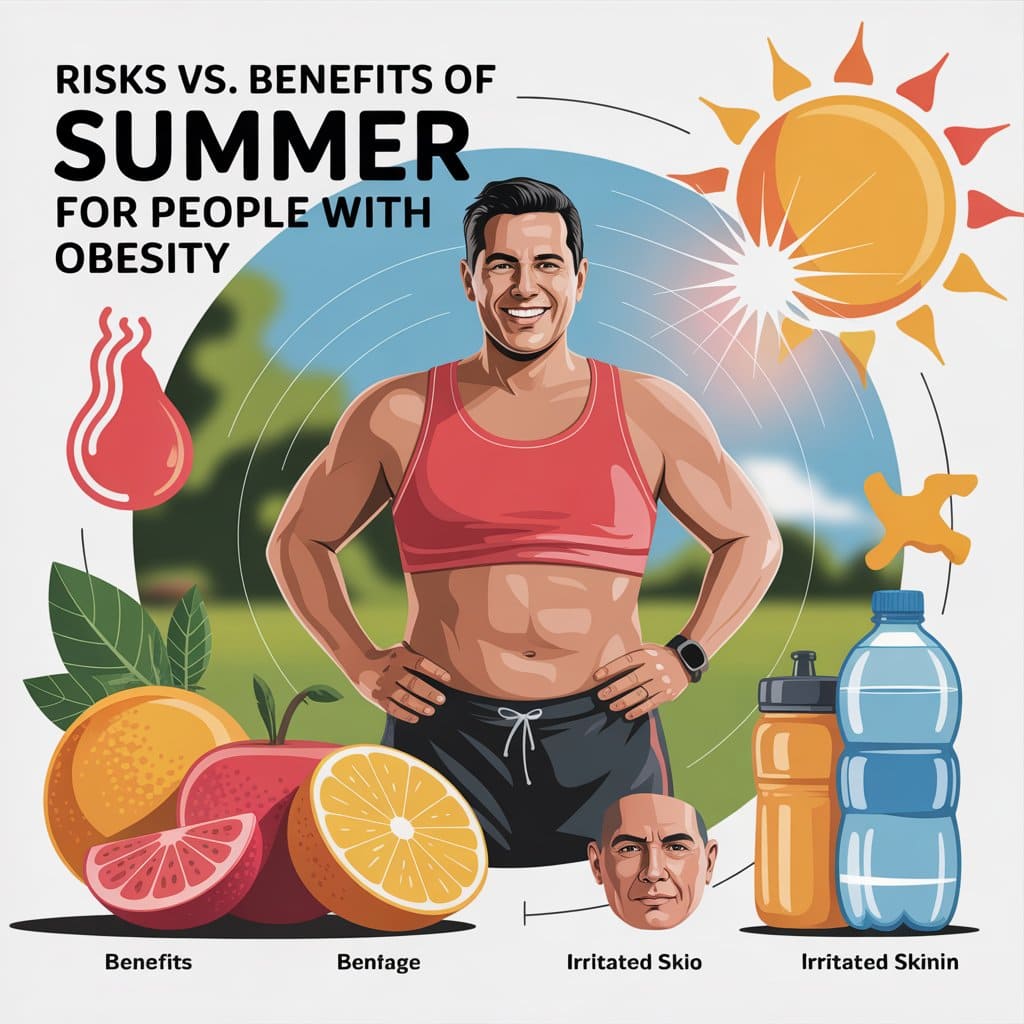Summer Diseases: Types, Treatment, and Prevention
Introduction Hot weather, outdoor activities, travel, and changes in food handling make summer a peak season for several communicable and environmental illnesses. Understanding the most common summer diseases, how they spread, and the evidence-based steps to treat and prevent them can keep you, your family, and your readers safe through…
How to Stay Healthy During Late Summer and Fall Weather Fluctuations
Introduction Late summer and early fall bring welcome relief from peak heat for many regions, yet this transition period also creates a perfect storm of environmental changes that influence health. On the positive side, cooler evenings can improve sleep quality, outdoor exercise becomes more comfortable, and produce markets overflow with…
Obesity and Summer : Pros and Cons
Introduction Obesity, a complex medical condition characterized by excessive body fat, affects over 1 billion people globally, according to the World Health Organization (WHO). While obesity can impact health at any time of the year, summer introduces a unique set of advantages and disadvantages for individuals struggling with weight issues.…
Diabetes in the Summer: Risks and Preventive Measures for a Healthy Season
Introduction As temperatures soar during the summer months, managing chronic health conditions becomes more challenging—especially for individuals living with diabetes mellitus. Heat and humidity can disrupt blood sugar levels, increase the risk of dehydration, and interfere with medications and insulin storage. According to the Centers for Disease Control and Prevention…
Asthma Patients, Summer Risks, and Preventive Measures
Introduction Summer can be a challenging season for asthma patients due to rising temperatures, increased air pollution, allergens, and humidity. These environmental factors can worsen symptoms, leading to increased visits to emergency departments and hospital admissions. Understanding the risks of summer for asthmatics and how to manage them is critical…
The Harmful Effects of Obesity : Causes and Precautions
The Harmful Effects of Obesity: Causes and Precautions Introduction In today’s fast-paced world, obesity has emerged as one of the most pressing public health issues globally. According to the World Health Organization (WHO), worldwide obesity has nearly tripled since 1975, and in 2024, over 1 billion people—including 650 million adults—were…















